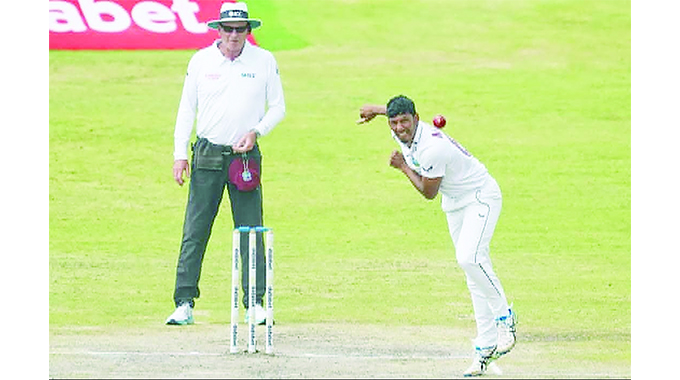Dodgy foreign universities cost Zimbabwean students

Nqobile Tshili, Chronicle Reporter
SOME Zimbabwean students are losing a lot of money studying at foreign universities but their professional qualifications are not recognised locally due to the quality of their degree programmes.
Concerns have been raised that some of the graduates from dodgy foreign universities fail to make the mark to practice in Zimbabwe and are even rejected by professional bodies.
Due to the competitiveness of local universities some students opt to enroll to learn in foreign universities but their degree programmes are not recognised locally.
The Zimbabwe Council of Higher Education (Zimche) has since questioned the competencies of some of the students produced by some foreign universities.
Zimche is responsible for promoting and coordinating education provided by higher education institutions and acts as a regulator in the determination and maintenance of standards of teaching, examinations, academic qualifications and research in institutions of higher education.
Speaking on the sidelines of a high-level policy dialogue on health labour in Bulawayo on Monday, Zimche chief director for life and health sciences Professor Felicity Gumbo said some students who acquire degrees in foreign universities do not match national standards to be allowed to operate locally.
“Some of the universities are not recognised by Zimche. Some of the students are also having challenges passing examinations of councils like the Medical Dental Practitioners Council depending on which institution they would have trained in. Some of the institutions do not offer practical teaching and bed side teaching,” said Prof Gumbo.
She said cases of graduates in foreign universities failing to register were too rampant but could not immediately provide statistics.

“It is quite prevalent but I’m not qualified to provide the statistics as it has to come from the Medical Dental and Practitioners Council. But what I know is that there has been reports that some students have taken over two years to complete and qualify because of repeated failures,” she said.
Prof Gumbo declined to reveal the names of some of the universities and countries which were absorbing Zimbabwean students and producing low quality graduates.
She said it is important for citizens to conduct research on institutions and countries before accepting degree programmes.
“it is very important when they are thinking of where and when to send their children outside the country, they need to check with Zimche whether these universities and course programmes are accredited. So that when they come back it would be easier for them to work locally. They will also need to check with the relevant professions in terms of association for registrations,” she said.
Prof Gumbo said for instance some students might study a certain law degree that is not compatible with the country.
Zimbabwean universities provide the Roman Dutch law degree programme but some countries such as South Africa are now offering the English law degree programme.
Hence, after their qualification they also take local bridging courses to enable them to work in the country.

“Even for certain degrees like law they would not be able to practice if they have gone to university x because of the law they would have learnt. And definitely with the Medical and Dental Practitioners Council they also use another list of accredited medical schools and they might need to check with them first before a student goes,” said Prof Gumbo.
She said some universities are not providing practical training which is a prerequisite for some graduates to work in some sectors of the economy.
Prof Gumbo said there is a need to evaluate whether the curricula of some foreign universities are in sync with Zimbabwe’s skills standards.
“Otherwise, they will spend a lot of money but when the students come back they will not be able to register to operate in this country,” said Prof Gumbo. -@nqotshili











Comments